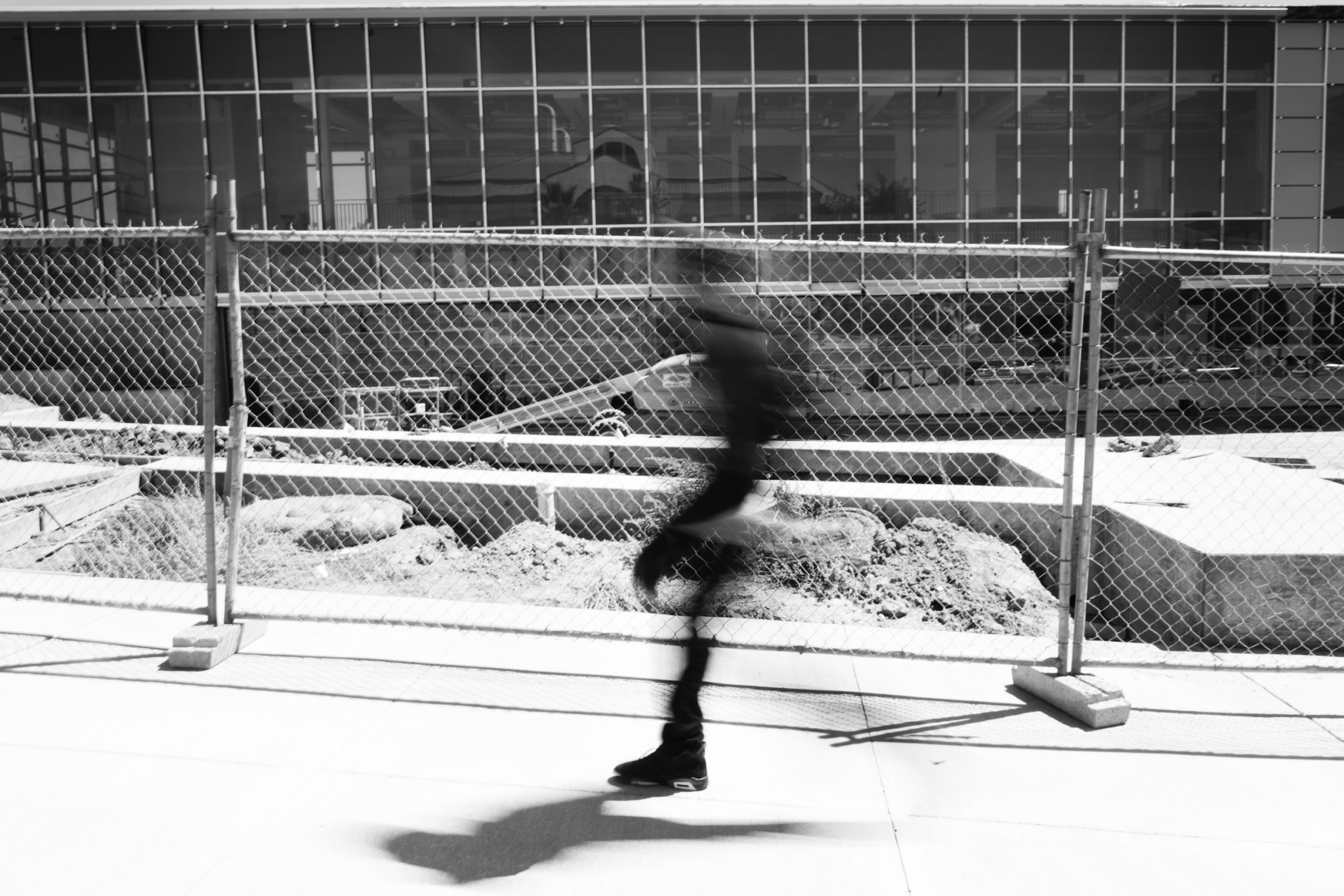By Elisa Villanueva @BBELISACATS
This October marks the 13th annual Cyber Security Awareness Month. While the majority of college students use the internet daily, they are constantly at risk of having their private information exploited. With the help from Las Positas computer tech Professor Donald Hester, here are some tips on keeping students safe while surfing the web.
One of the most common ways a student can get hacked is by using one of the school’s computers. When students log onto their emails or any other private account on a school’s computer, sometimes they forget to log out. It is important to double check that you have logged out of anything you have signed into when using a public computer.
It is also important for students to make sure they are changing their passwords for their accounts regularly and to never use the same password for all of their accounts. Once a hacker can get into one of your accounts, they’ll now have access to all of them.
You should be aware of hacking even while using your personal phone. Always have a password on your phone and if you have access to a thumbprint scanner option, use it. “It only takes a second [for a hacker] to put a code on their phone” Hester shares. Students should also make sure that their Bluetooth is off if they aren’t using it.
If you have an Android, get an antivirus app. This will protect your phone from any untrusted apps you may download.
Students should also watch out when they are on social media. “Everybody keeps track of anything you do online” Hester says. Nowadays when you apply for jobs, companies will search your name on social media and see what you post. If they don’t like what they see they won’t hire you. Even universities will do this. Keep your profiles clean and professional.
Cyberbullying is one of the biggest problems on social media. People choose cyberbullying because it is a lot easier to hide behind a screen and belittle someone than it is in person. You only know as much about someone online as they post. You don’t know what they go through in their personal life. “It intensifies what’s already there” Hester states regarding the issue.
Watching what you post online is crucial. Hester gives the following example: If you post that you and your family are going on vacation for a week, this can give people the idea that your house will be empty for a long period of time, and they might plan to break in.
Another way to avoid this is by only accepting friend requests from people you know. People from other countries will make fake accounts to get information from people.
Even if you aren’t on social media, there could still be stuff posted about you. It may also help to Google yourself. There could be false information posted about you that could make you look bad.
here are real-life consequences for what you do online. People have been arrested for cyber-crime acts they have done such as illegally downloading music or sending inappropriate pictures. “Google still has access of your history even if you can’t view it” Hester shares.
Hester also shared that there are 200 government cyber security jobs open. By 2020, 2 million other cyber security jobs will be open internationally.
Stay safe and make the web a better place.



3 Comments
by Donald Hester
Correction, the number of jobs in the federal government is estimates at 200,000 not 200.
by NSA
Super interesting, more please.
by TJ
Very helpful information.